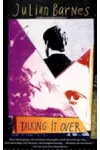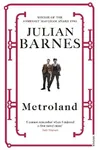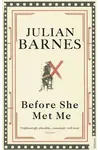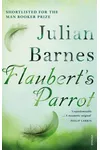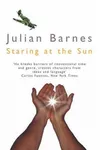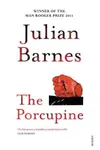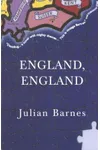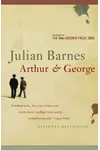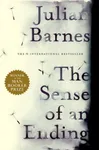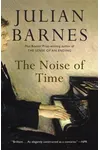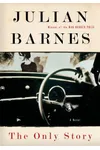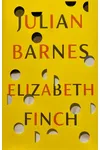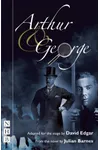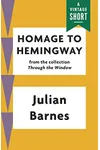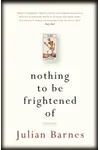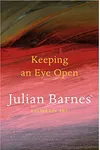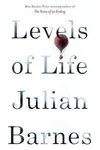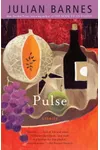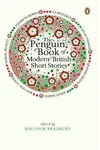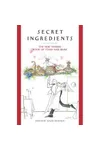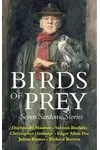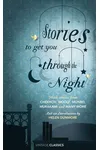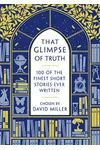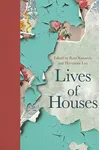Picture a British storyteller who weaves love, history, and truth into unforgettable tales—meet Julian Barnes! Born in 1946, this literary maestro has spent over four decades crafting post-modernist gems and gripping crime fiction. With a Man Booker Prize under his belt and a knack for bending narrative rules, Barnes invites readers into worlds that are as thought-provoking as they are delightful.
From the quirky brilliance of Flaubert's Parrot to the heart-wrenching Levels of Life, his work dances between genres, earning him a spot among Britain’s most versatile authors. Ready to dive into his story?
The Making of Julian Barnes
Julian Patrick Barnes was born on January 19, 1946, in Leicester, England, but grew up in London’s suburbs. The son of French teachers, he soaked up literature and language early on, later studying modern languages at Oxford. After a stint as a lexicographer for the Oxford English Dictionary, Barnes turned to journalism, sharpening his wit as a critic. His first novel, Metroland (1980), marked his debut, blending youthful introspection with sharp social commentary—a sign of the bold voice to come.
Julian Barnes’s Unforgettable Stories
Barnes’s bibliography is a treasure trove of innovation. His 1984 novel Flaubert's Parrot is a dazzling blend of biography, fiction, and literary detective work, exploring obsession through a retired doctor’s quest to uncover truths about Gustave Flaubert. It earned critical acclaim and showcased his post-modernist flair. In 2011, The Sense of an Ending clinched the Man Booker Prize, a compact masterpiece unpacking memory’s unreliability and life’s regrets.
Not one to be pigeonholed, Barnes also penned crime fiction under the pseudonym Dan Kavanagh, with novels like Duffy offering gritty, humorous takes on detective work. His 2013 work Levels of Life merges essay, fiction, and memoir to grapple with grief, reflecting his personal loss. Barnes’s style—wry, introspective, and layered—tackles universal themes like love and mortality while playing with form, making each book a unique journey.
Whether he’s dissecting history in A History of the World in 10½ Chapters or probing identity in Arthur & George, Barnes’s prose is both accessible and profound, inviting readers to question what they know.
Why Julian Barnes Matters
Julian Barnes’s impact lies in his ability to make the literary personal. His playful yet poignant explorations of human experience resonate across cultures, inspiring writers to experiment with narrative. The Man Booker win cemented his influence, but it’s his fearless dive into diverse genres—from historical fiction to memoir—that keeps readers hooked. Barnes doesn’t just tell stories; he challenges how we understand truth, leaving a legacy that’s as timeless as it is bold.
- About Julian Barnes
- Born: January 19, 1946, in Leicester, England
- Key Works: Flaubert's Parrot, The Sense of an Ending, Levels of Life
- Awards: Man Booker Prize (2011), David Cohen Prize for Literature (2011)
- Fun Fact: Wrote four crime novels as Dan Kavanagh
Snag The Sense of an Ending and dive into Julian Barnes’s mesmerizing world of memory and mystery!
